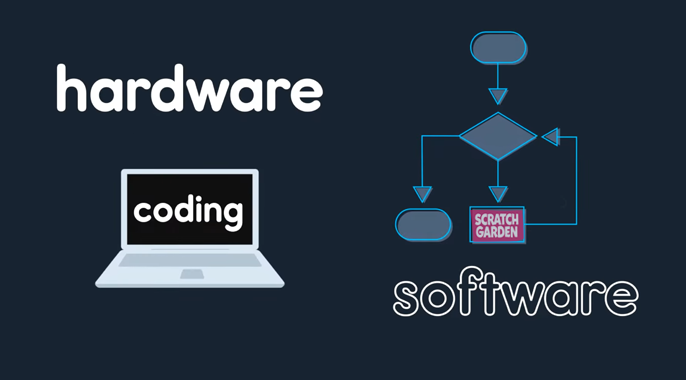Anand Jayapalan: Strategies for Embracing Innovation in Enterprise Storage Solutions
Anand Jayapalan: Strategic Preparation for Upcoming Storage Solutions
In the rapidly evolving world of data storage, businesses face the constant challenge of keeping up with the latest technologies to remain competitive. As data volumes continue to explode, fueled by trends like the Internet of Things (IoT), artificial intelligence (AI), and cloud computing, the need for efficient and innovative storage solutions has never been more critical. This blog explores the latest advancements in storage technology and outlines practical strategies for businesses to harness these innovations effectively.
 |
| Image source: media.istockphoto.com |
Solid-State Drives (SSDs) and NVMe Technology
For data storage and IT experts like Anand Jayapalan, one of the most significant developments in storage technology is the widespread adoption of solid-state drives (SSDs). Unlike traditional hard disk drives (HDDs), SSDs have no moving parts, which allows for faster data access speeds and greater reliability. More recently, Non-Volatile Memory Express (NVMe) has emerged as a game-changer in the realm of SSDs. NVMe is a protocol designed specifically for SSDs to optimize their performance by exploiting their potential for high parallelism. For businesses, upgrading to NVMe-enabled SSDs can result in drastically improved performance for data-intensive applications, making them a worthy investment.
Hyper-Converged Infrastructure (HCI)
Hyper-converged infrastructure (HCI) is another innovative solution that integrates computing, storage, and networking into a single system. By consolidating these resources, HCI simplifies management and enhances scalability, allowing businesses to easily adjust to changing storage needs. This technology is particularly beneficial for organizations looking to streamline operations and reduce costs without compromising on performance. Companies can deploy HCI to ensure that their infrastructure can dynamically scale with their growth and storage demands.
Cloud Storage and Multi-Cloud Environments
The adoption of cloud storage continues to rise, offering businesses scalable and flexible storage solutions. Cloud storage providers have introduced more sophisticated data management and security features, making it an even more attractive option for enterprises. Additionally, the trend towards multi-cloud environments allows businesses to leverage the strengths of multiple cloud providers to optimize cost and performance. To stay ahead, companies should consider integrating cloud storage solutions into their data management strategies, ensuring they have the flexibility to manage data across different platforms efficiently.
 |
| Image source: lawyersblvd,com |
Edge Computing
As more devices become connected and generate vast amounts of data, edge computing has become crucial in data storage strategy. Edge computing involves processing data near the source of data generation rather than relying solely on a centralized data center. This approach reduces latency, decreases bandwidth usage, and improves response times. Businesses that deploy edge computing solutions can handle real-time data processing more effectively, making it ideal for applications that require instant analysis and action, such as in manufacturing and autonomous vehicles.
Artificial Intelligence for Storage Management Artificial intelligence (AI) is making its mark on storage technologies by enhancing automation and predictive analytics. AI can help manage data storage systems more efficiently, predict hardware failures, and optimize data placement based on usage patterns. Implementing AI-driven storage solutions can significantly reduce operational costs and improve system reliability. Businesses should consider AI tools that can automate routine tasks and foresee potential issues before they impact performance.
Staying ahead in the storage technology landscape requires businesses to be proactive in adopting new technologies and adapting their strategies accordingly. For data storage and IT experts, including Anand Jayapalan, by investing in SSDs with NVMe, exploring HCI, leveraging cloud and multi-cloud environments, implementing edge computing, and utilizing AI for storage management, companies can enhance their data handling capabilities and maintain a competitive edge in their respective industries. As storage technology continues to evolve, the key for businesses will be to remain flexible and responsive to these advancements.



Comments
Post a Comment